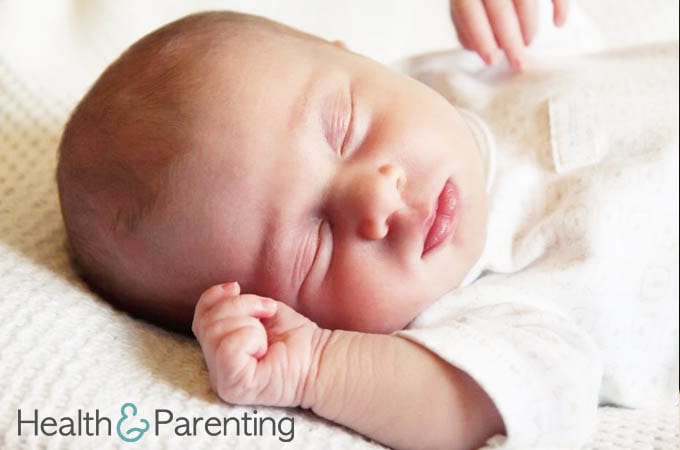Sudden Infant Death Syndrome (SIDS) occurs when an otherwise healthy baby dies for unknown reasons. Also known as cot death, SIDS occurs without warning. Though rare, over 2000 babies die from SIDS each year in the United States.
Why does SIDS happen?
The exact causes of SIDS are unknown, but it is thought some babies may have problems in the part of the brain that controls breathing. These babies may fail to breathe if their mouths are covered. You must be careful to ensure your sleeping baby’s face is not covered by blankets or loose bedding.
SIDS is most common during winter months, and some experts believe this is because some babies overheat when wrapped up at night. SIDS is most likely to occur when a baby is asleep, either at night or during nap time.
Which babies are most at risk?
Babies under six months are the most at risk, and around 90 percent of SIDS deaths occur during this period. As babies grow older, they are less likely to suffer from SIDS.
Babies born to mums aged 19 or younger at the time of the birth, have an increased risk of SIDS, although the reason for this is unknown. Premature babies and those born weighing less than 2.5kg (5.5lb) are also more at risk. Boys have a slightly increased risk of SIDS, but again, the reason for this is unknown.
How to reduce the risk of SIDS
The exact causes of SIDS remain unknown, and as such, it is not understood how to eliminate the risk of this tragedy occurring. Years of research, however, have identified some key steps that parents can take to reduce the risk. The following can reduce the risk:
- put your baby to sleep on her back
- do not smoke during pregnancy. Even secondary smoke can increase the chance of SIDS, so ask your partner to give up too
- keep your baby smoke free after the birth – don’t let people smoke near your baby
- keep your home, car, and anywhere else the baby spends time, smoke free
- breastfeed your baby, if you can
- sleep in the same room as your baby for the first six months
- use a firm, flat, waterproof mattress
- monitor the temperature in the room your baby sleeps in, and ensure your baby is dressed and covered appropriately
Experts advise parents to avoid the following:
- never sleep on a sofa or armchair with your baby
- if you smoke, drink, take drugs or are excessively tired, do not sleep in the same bed as your baby
- if your baby was born prematurely or had a low birth weight, do not sleep in the same bed as your baby
- don’t cover your sleeping baby’s head or face
- do not allow your baby to overheat
- do not use pillows, quilts and duvets for your baby
- do not let your sleeping baby wear a hat indoors
All advice should be followed during daytime naps as well as at night. While it may be tempting to nap with your baby on the sofa during the day, don’t. This increases the risk of SIDS. By all means, let your baby nap on you, but be sure you stay awake throughout.
Written by Fiona (@Fiona_Peacock), mother, writer and lover of all things baby related.
This information is not intended to replace the advice of a trained medical doctor. Health & Parenting Ltd disclaims any liability for the decisions you make based on this information, which is provided to you on a general information basis only and not as a substitute for personalized medical advice. All contents copyright © Health & Parenting Ltd 2016. All rights reserved.










